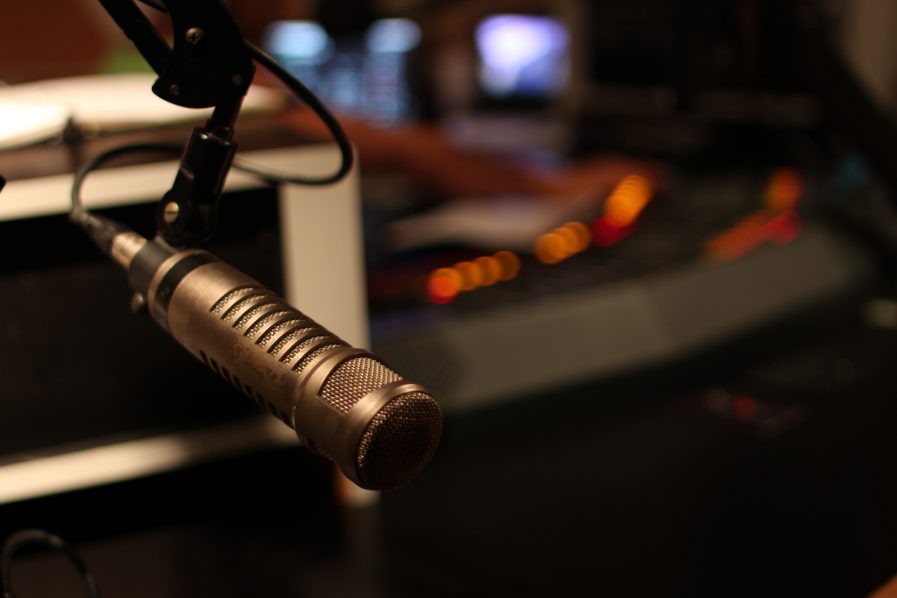
Two Nigerian radio stations have said they are temporarily stopping 24-hour operations as prices of diesel and poor power supply continue to pile on the pressure on businesses in the country.
Hot 98.3 in Nigeria’s capital city Abuja and Ogun State-based Women Radio 91.7 said new transmission hours will be in place until the power supply improves and prices of diesel stabilised.
Blackouts are common in Nigeria, where dilapidated infrastructure often fails to distribute even insufficient electricity supplies.
But extended collapses of the power supply over the last several weeks have combined with a global hike in diesel prices to create one of the country’s worst recent energy crises.
Many businesses rely on diesel generators to keep the lights on when power is out, and since Ukraine’s crisis doubled fuel prices in Nigeria, operating costs are sky-high.
“Due to the diesel scarcity and the poor power supply we would like to notify all Hot FM Abuja listeners and partners that the station will be adjusting transmission times until the current situation improves,” the radio station said in a statement posted to its Instagram page on March 18. It will transmit between 5.00 am until 9:30 pm daily.
Women Radio said its new 6:30 am – 8 pm schedule for transmission started on March 23.
“You are very important to us,” the station said to its listeners.
The power struggles came just after weeks of fuel shortages caused lines at filling stations, angering Nigerians struggling with the weak naira and high cost of living.
Nigeria’s President Muhammadu Buhari has apologised over the fuel shortages and on Monday he summoned his minister of power to discuss the electricity crisis.
Hitting out at Buhari’s ruling APC party less than a year before the 2023 elections, the opposition Peoples Democratic Party warned the power crisis may lead to popular protests.
Factories shutting down
Power costs are clear to Umar Sani Marshall, the owner of Marshall Biscuits, a factory based in the northern commercial hub of Kano.
The factory normally operates two shifts, but he was forced to cut back to one using two-thirds of his 300 workforce. Now he has left the factory idle until the situation improves.
“The situation now is beyond comprehension,” he told AFP. “We have stopped production in the last two weeks because there is no way we can break even.”
He said his business was missing high demand for products expected for the Muslim holy month of Ramadan in April.
Ali Madugu, owner of Dala Foods, a food-processing factory in Kano and Vice President of Nigeria’s manufacturers’ union (MAN) said his plant also shut.
Part of the power supply issue was the water levels at the Shiroro Dam’s hydropower plant, he said. But fuel was key.
“The major headache is the unbelievable increase in the cost of diesel,” he said. “It is killing us.”
Additional report by AFP.






